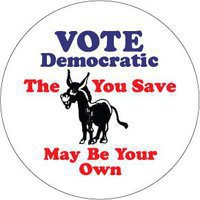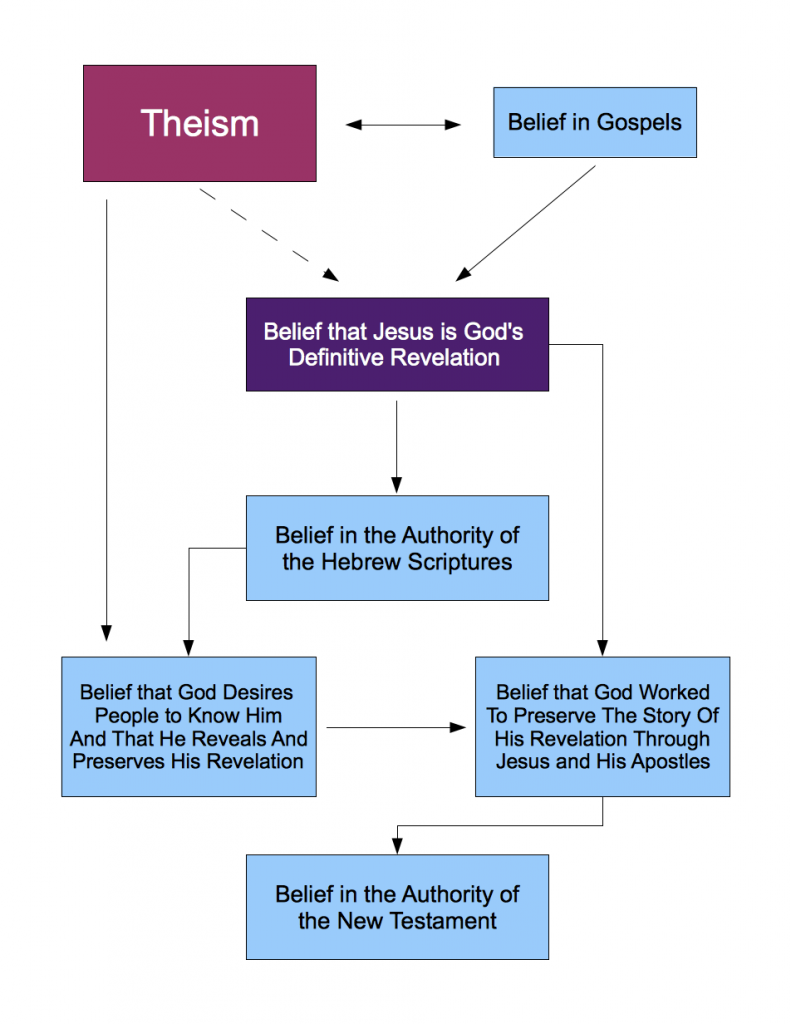I’ve been seeing desperate Democrats working to “get the vote out” lately on Facebook and on a handful of liberal online magazines that I occasionally read. Here’s a “cute” example of a graphic used to promote the idea of voting for Democrats on November 2.
So we should “Vote Democratic” to save our asses?
Why?
Obama has continued and in some cases made worse the policies of Bush. The Democrats controlled Congress and never truly fought for anything worth a damn. They have been all sound and fury with generous capitulation to special interests on Wall Street and in the Health Insurance industry. Then, once they have sold out any progressive legislation, they either try to make it sound like it’s more than it really is or blame Republicans for obstructing it instead of taking responsibility for their own lack of meaningful action.
Voting is a form of control. When you vote for a Democrat or a Republican you are simply legitimizing the control of the ruling class. You are not changing anything. Your voice is not being heard.
A small elite group of the population actually has a voice in government – those wealthy and powerful people who fund campaigns, sit on boards of powerful corporations and prestigious universities, and run giant corporations. These people and their sycophants get to rub elbows with politicians and sometimes even get to write the legislation.
Voting allows these elites to control the state while appeasing the rest of us through offering the illusion of power. But it is just an illusion. You are just a number. A voting statistic.
Put your X here next to Coke or Pepsi. Having a say in the recipe of the beverage that you are forced to consume be damned!
Don’t play their silly game. Don’t vote this November. Organize! That’s the only way your voice will ever be heard.

